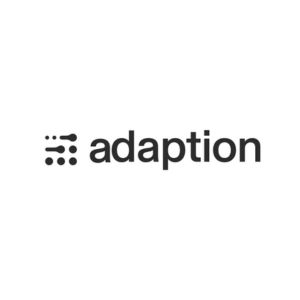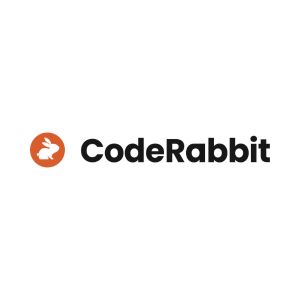Startups & Business News
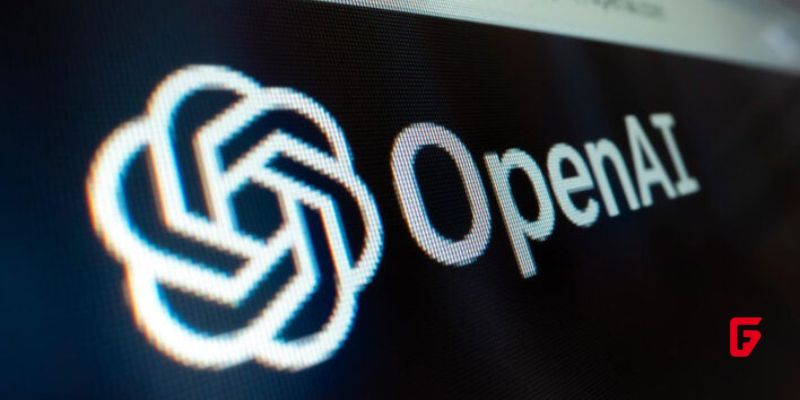
The future of work is no longer science fiction—it’s here and accelerating. In a recent conversation, OpenAI’s Brad Lightcap (COO) and Ronnie Chatterjee (Chief Economist) dove into the sweeping impacts artificial intelligence is having on software development, science, small businesses, and education. Their reflections signal a world where AI is democratizing expertise, amplifying productivity, and reshaping what it means to build, learn, and grow.
From Chatbots to Game-Changers: The Shift That Surprised Even OpenAI
What flipped the script? Not solely smarter models—but a better, more approachable interface. The rise of ChatGPT proved that frictionless conversation draws people in, transforming a once-intimidating blank canvas into a springboard for ideas, questions, and solutions. Adoption didn’t slow—it went exponential as users realized: “I can do more than I imagined with this.”
The New Productivity Revolution: Opportunities, Not Just Threats
A core theme emerges: AI is a force multiplier. In software, AI tooling is letting:
Total novices build applications from scratch.
Elite engineers become dramatically more productive.
Small teams punch well above their weight, tackling “big company” problems with “startup” agility.
The same pattern appears in scientific discovery, where AI’s ability to test hypotheses or scan data accelerates breakthroughs. Drug discovery, material sciences, and complex systems are all seeing boosts where the “rate limiting” factor was human capacity to explore possibilities. With AI, that bottleneck is widening.
More Than Just Automation: Agency and Human Judgment at the Core
Lightcap and Chatterjee emphasize that human agency is becoming the differentiator. The rise of AI agents—automated systems that can autonomously manage tasks in sales, support, and coding—shifts the required skill set:
The “return of the idea person” means those with vision, initiative, and the ability to harness digital teammates will see disproportionate rewards.
Soft skills like emotional intelligence (EQ), critical thinking, and delegation gain newfound relevance. As routine tasks get automated, connection, decision-making, and leadership rise in value.
Small Businesses and Emerging Markets: Empowerment on a Global Scale
AI isn’t just a story for Silicon Valley. The podcast spotlights how AI agents can unlock growth for small businesses that previously struggled to scale. Lack of access to mentorship and specialized advice limited expansion. Now, affordable, ever-present digital experts—customized for fields like retail, restaurants, agriculture—are leveling the playing field.
In emerging economies, this leap is even more profound: an entrepreneur in Africa or Asia, often blocked by lack of support structures, can now tap into world-class guidance and digital muscle, enabling economic mobility and innovation at unprecedented rates.
Education: Preparing for an AI-First Era
If today’s education only teaches memorization, it’s missing the mark. As AI becomes a universal tutor, the true advantage lies in human skills:
Developing resilience, grit, and adaptability to changing toolsets and job requirements.
Fostering problem-solving abilities, not just rote learning.
Empowering students to stay flexible and constantly reinvent themselves as technology reshapes the landscape.
OpenAI’s leadership sees a major overhaul in how learning is structured—personalization, critical thinking, and complementarity with AI systems will be essential.
Embracing Disruption, Expanding Potential
AI’s acceleration isn’t just about technical capabilities—it’s about enabling more people to build, create, and solve problems. The leaders at OpenAI urge us to focus on:
Increasing economic participation by lowering barriers to entry.
Rebalancing skills—where both tech expertise and the human touch matter.
Recognizing disruption is inevitable, but so is growth for those ready to harness these new powers.
We’re on the verge of a future where a tiny, agile team—or even one person—could launch and scale billion-dollar enterprises, powered as much by AI agents as by human talent and vision.
This is not just a technological shift—it’s a societal leap, and those who cultivate the right skills, mindset, and agility will find themselves not just surviving, but thriving, in the age of AI.

futureTEKnow
Editorial Team
futureTEKnow is a leading source for Technology, Startups, and Business News, spotlighting the most innovative companies and breakthrough trends in emerging tech sectors like Artificial Intelligence (AI), Robotics, and the Space Industry.
Discover the companies and startups shaping tomorrow — explore the future of technology today.
Most Popular
Trending Companies
Latest Articles

Dwelly Raises $93M to Supercharge AI-Powered UK Rentals Roll-Up
London startup Dwelly just landed $93M to snap up UK rental agencies and inject AI smarts. Founders from Uber and
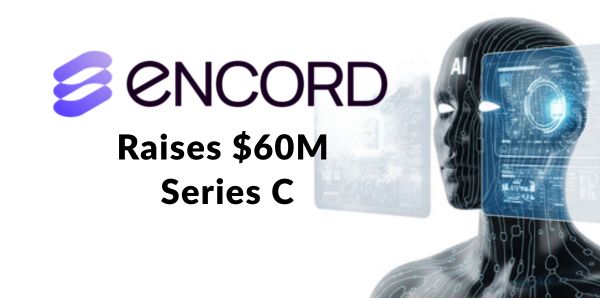
Encord Raises $60M Series C: Fueling Physical AI Data Wave
Encord just landed $60M in Series C funding to supercharge data tools for physical AI. Founders Eric Landau and Ulrik

Foodforecast Raises €8M Series A to Slash Ultra-Fresh Food Waste with AI
Foodforecast, a Cologne AI foodtech firm, just scored €8M in Series A funding led by SHIFT Invest. Their tools predict
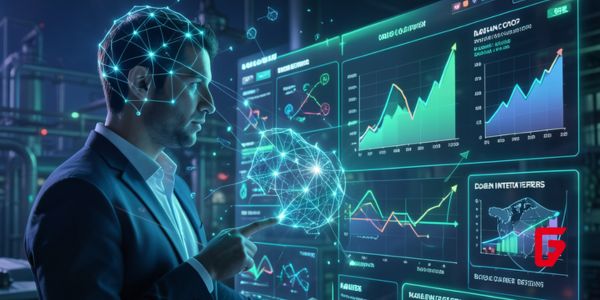
AI-Driven Operational Excellence: How Leaders Scale Ownership, Discipline, and Continuous Improvement in 2026
In 2026, AI scales operational excellence fundamentals—clear ownership, disciplined execution, and continuous improvement—letting leaders focus on outcomes while systems handle

VoiceLine raises €10M to scale voice AI for enterprise frontline teams
Munich-based VoiceLine has closed a €10M Series A round to grow its voice AI platform for frontline sales and service
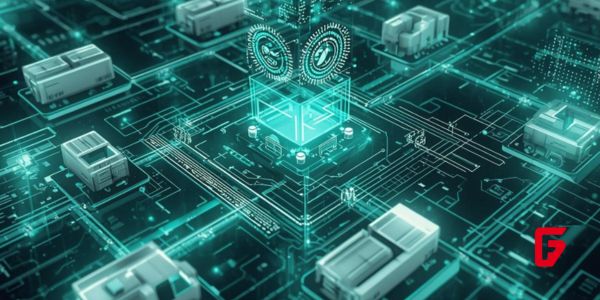
AI-Driven Logistics & Distribution Transformation: From Insight to Scalable Impact
AI is redefining logistics transformation—from network design to real-time execution. This article explores how data-driven insight, intelligent automation, and scalable
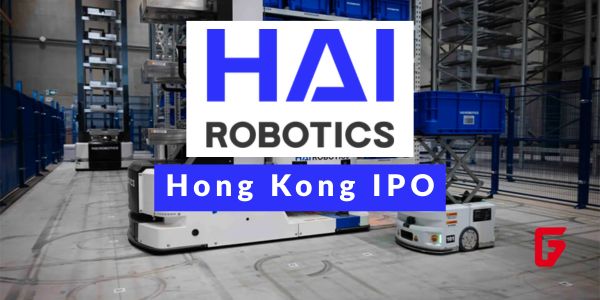
Hai Robotics Hong Kong IPO: From Startup Funding to Warehouse Robot Leader
Shenzhen’s Hai Robotics, pioneer in ACR warehouse robots, files for HK IPO after raising over $500M in funding rounds led
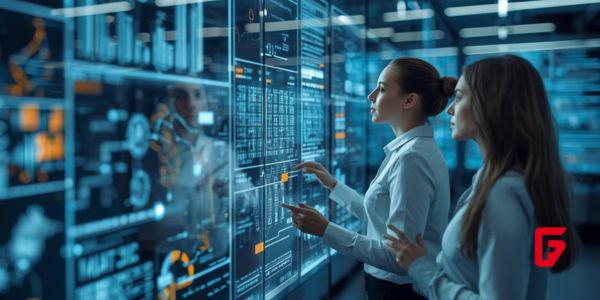
AI-Enabled Process Engineering & Continuous Improvement: Designing Systems That Learn
Explore how AI transforms process engineering and continuous improvement into self-learning systems. This article explains how organizations can design operations

Axiom Space Raises $350M to Build Commercial Space Station and NASA Spacesuits
Axiom Space has locked in a fresh $350M raise to push its commercial space station and NASA lunar spacesuits toward

Santé Raises $7.6M Seed: AI Fintech Revolution for Wine and Liquor Retail
New York startup Santé secures $7.6M seed to build AI-powered POS for liquor stores, tackling regs & inventory woes after
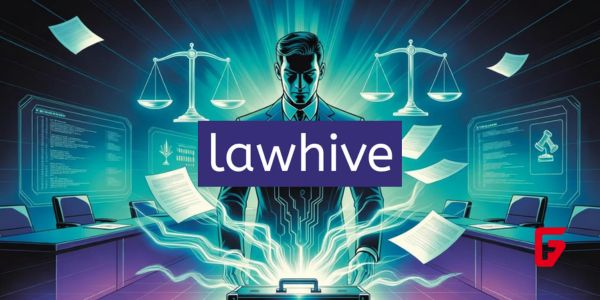
Lawhive Raises $60M Series B To Take Its AI-Powered Law Firm Model Across The US
Lawhive has secured a $60M Series B round to scale its AI-native law firm model across the US, promising faster,
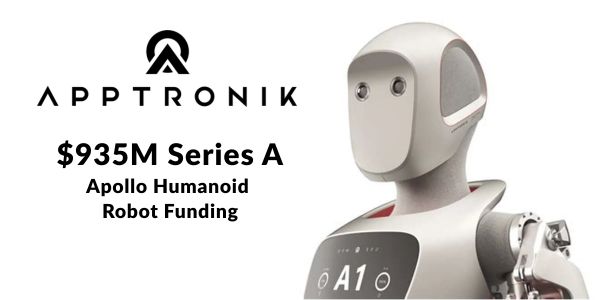
Apptronik Raises $935M Series A: Apollo Humanoid Robot Funding
Humanoid robotics leader Apptronik just closed a massive $935M Series A, hitting a $5B valuation. Funds will boost Apollo production
futureTEKnow is focused on identifying and promoting creators, disruptors and innovators, and serving as a vital resource for those interested in the latest advancements in technology.
© 2026 All Rights Reserved.
